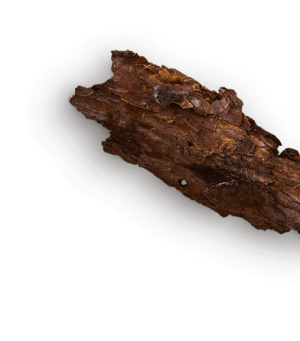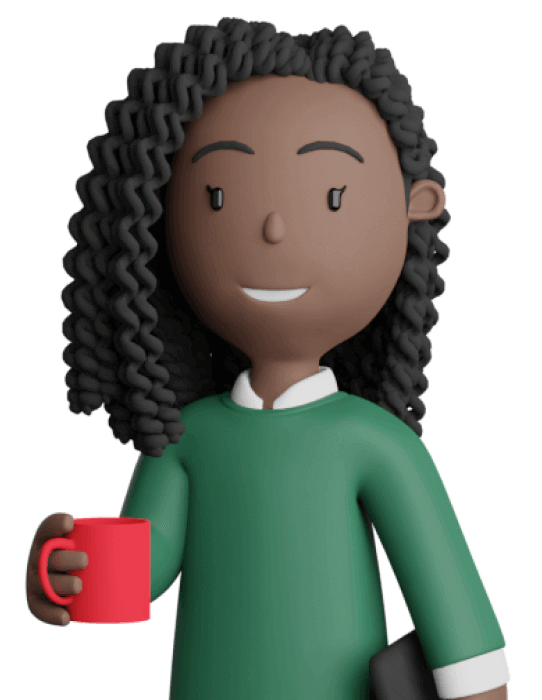A whale of a time
Separate fact from fiction when it comes to keeping our oceans healthy and protecting species at risk.
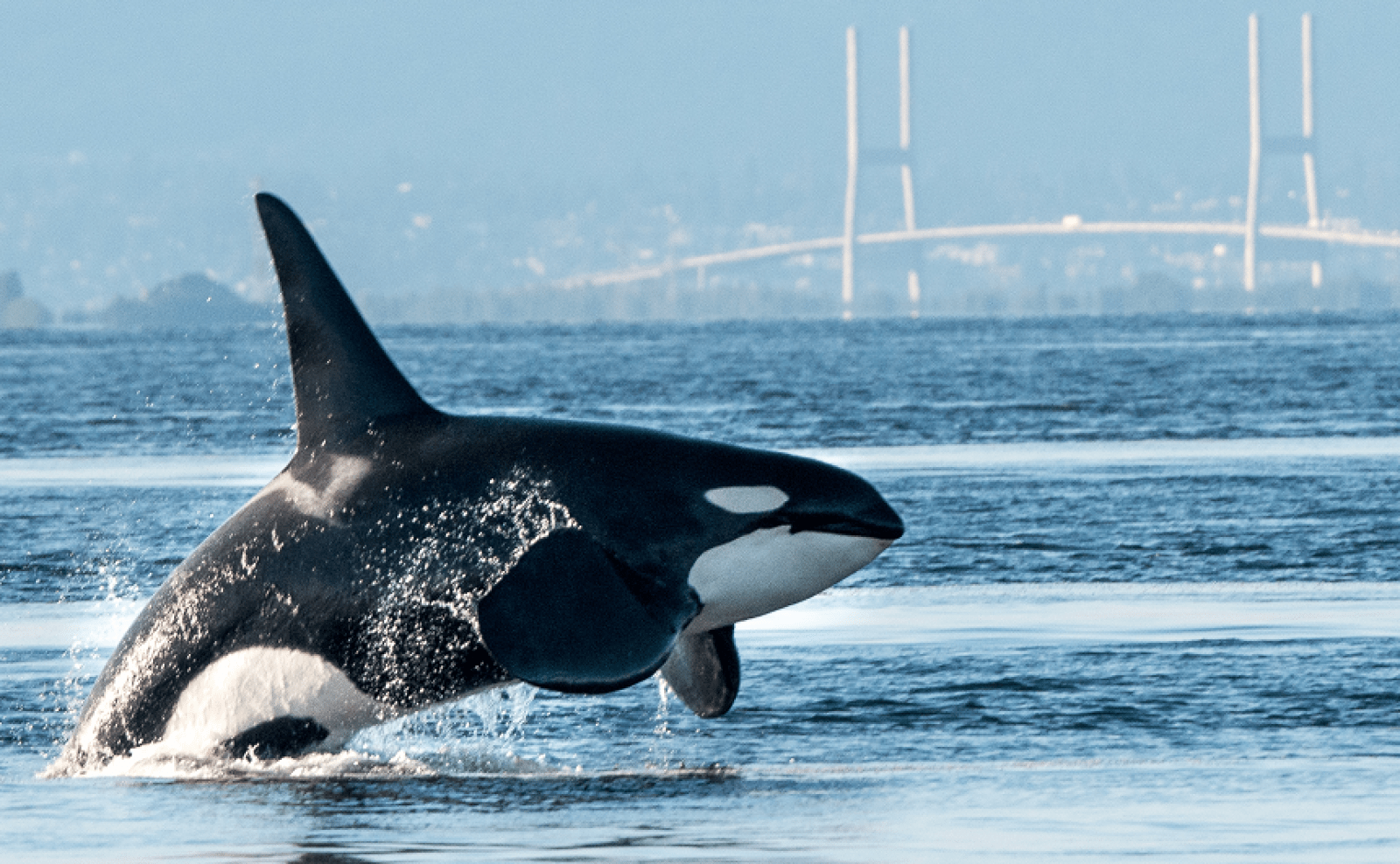
Overview
Help protect species at risk and talk about keeping our oceans healthy. Let your students decide what's "fact" and what's "fiction" when it comes to whales. Follow this up with a game of tag and a craft that turns a wooden clothespin into an adorable orca.
Instructions
What you'll need
A whale of a time
- 3 copies of the “Fact or fiction” cards
- Cut out so you have 6 “fact” and 6 “fiction” cards
- “A whale of a time” slideshow
French version of the cards and slideshow available for download.
Orcas and oceans
- Internet connection and a projector
- Outside area or gym
Crafty orcas
- 1 piece of paper and 1 wooden clothespin per student
- Markers or crayons, glue, scissors
A whale of a time
- Ask students to share what types of whales live off the coast of B.C. (like orcas, humpback, minke, and gray whales).
- Has anyone seen a whale in the wild before?
- Divide the students into groups of 4 or 5 and give each group one “fact” and one “fiction” card.
- Pull up the “A whale of a time” slideshow and ask students to decide among their group if the statement is fact or fiction. When everyone’s ready, one student holds up their group’s “fact” or “fiction” card. Reveal the correct answer on the following slide and have each team keep track of their scores.
- Tally up the points to see which group knew the most facts about whales. Before moving on, list what new and cool facts we learned about whales and what we humans can do to protect them.
Orcas and oceans
- Here in B.C., we have resident and transient orcas in our local waters. The resident orcas, who live off the coast of B.C., eat fish (mostly salmon).
- How much salmon do we think the orcas eat every day? They can eat between 45 and 135 kg in a day – that’s equivalent to 3 students. That means, to protect whales, we also need to protect salmon.
- Power down your classroom (lights and projector off) before heading outside or to the gym for a game of tag.
- One student will be an orca (“it”) and everyone else is a salmon.
- If the salmon are linking arms in groups of three, they’re safe and can’t be tagged. But if a single salmon or a pair of salmon is tagged, they turn into an orca.
- Single salmon can join a group of three but then the person on the end of the salmon chain must disconnect and run away. They can’t rejoin the same group, so they can either run solo or find another school of fish to connect to.
- When you call out “Danger!” all of the salmon groups must split up and find an entirely new group of salmon to swim with.
- While the salmon and orcas catch their breath, reflect on how important salmon and orcas are to our ecosystem. By taking care of our rivers and oceans, our ocean friends will have a safe and healthy place to live.
Clothespin orcas
1. We’ve stretched our brains and worked our lungs, now it’s our chance to get creative. Have students collect supplies needed to make a “Crafty orca”. We’ll need:
- Paper
- Clothespins
- Markers
- Glue
- Scissors
2. Draw the whale onto the paper, with top and bottom parts separate.
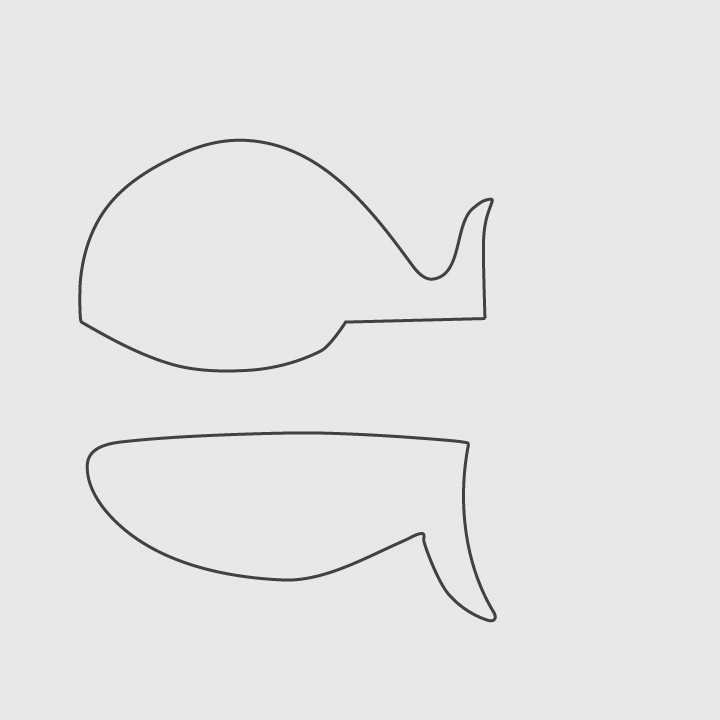
3. Colour the whale using markers or pencil crayons.
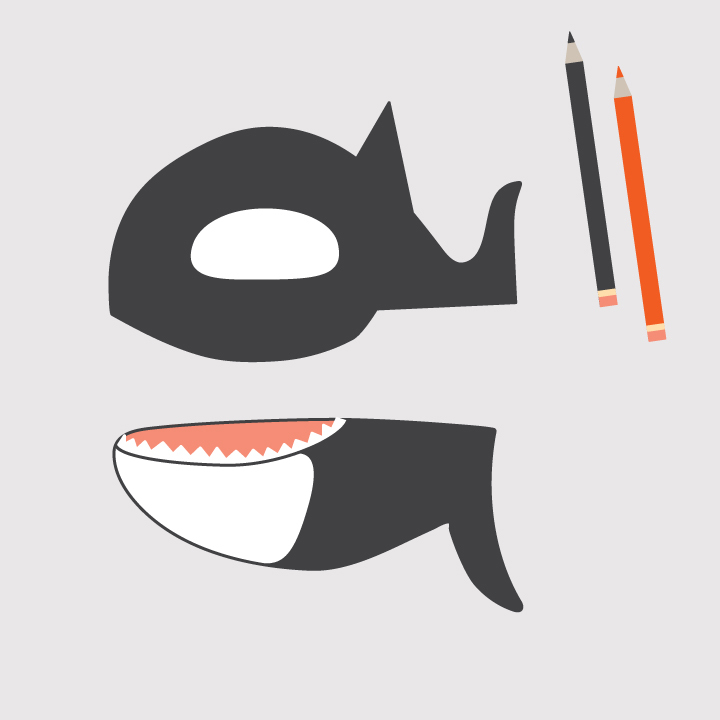
4. Cut out each half of the whale.
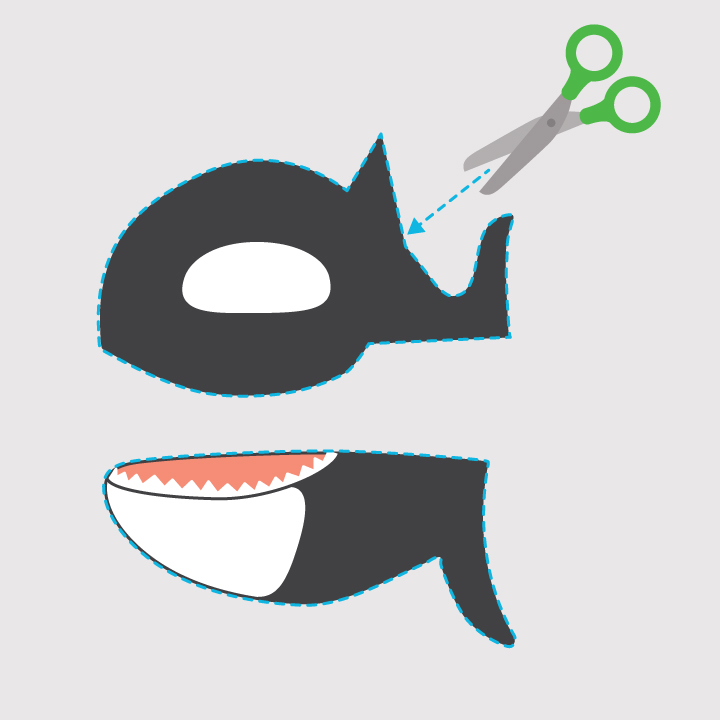
5. Glue each half to one side of the clothespin.
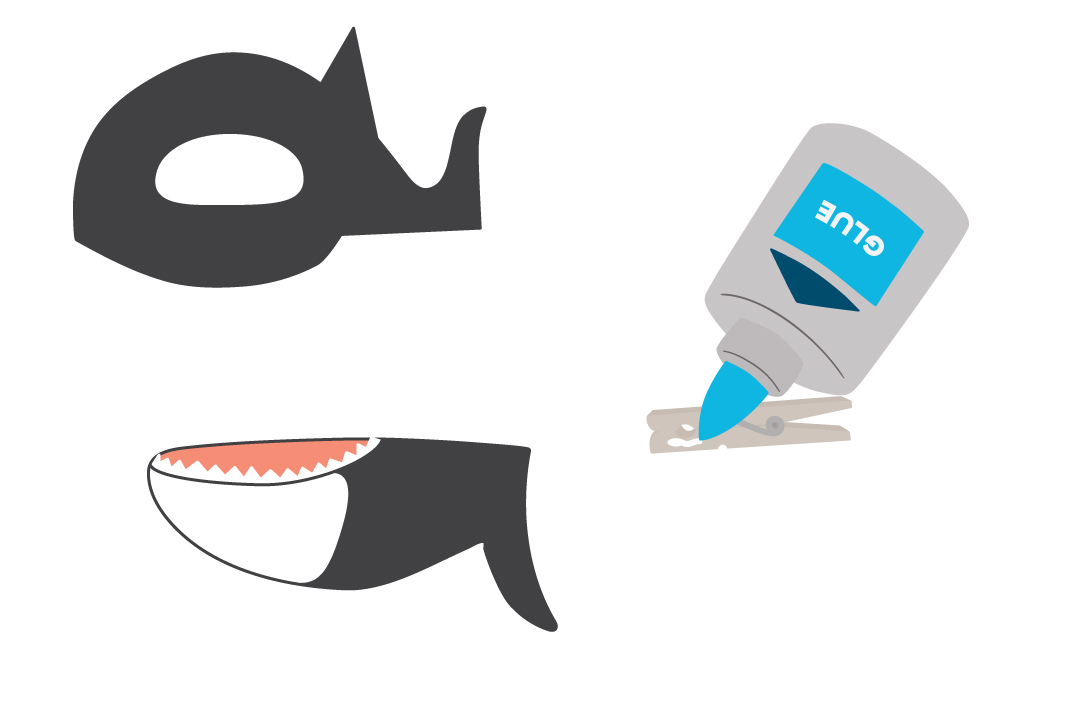
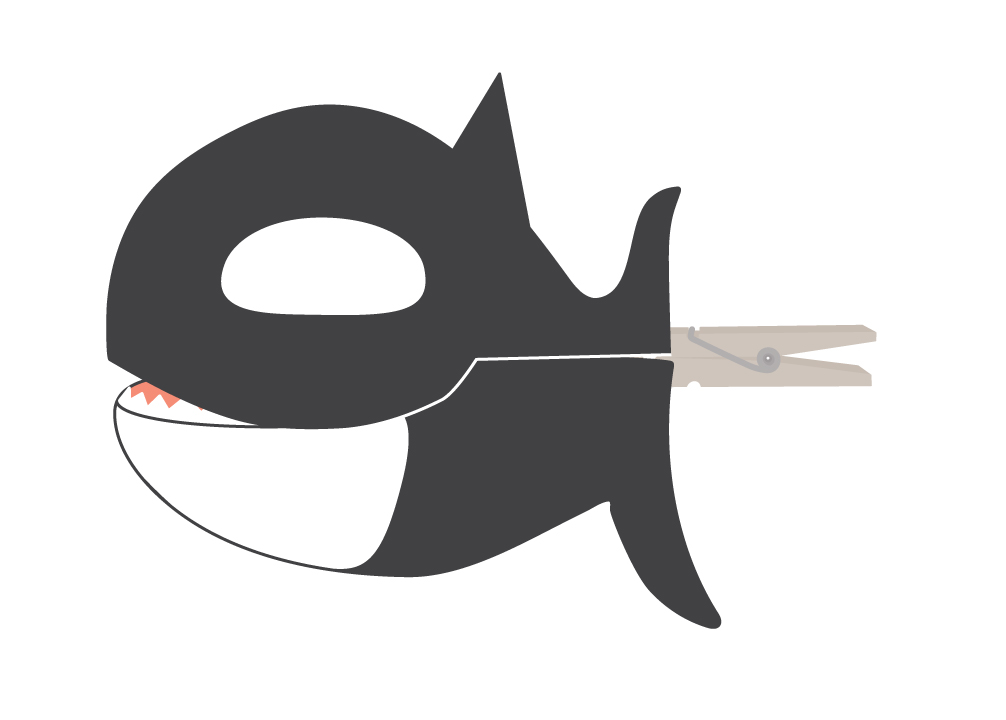
6. As an added touch, students can write a slogan on their clothespin like “go plastic free” or create paper salmon for their whales to snack on.
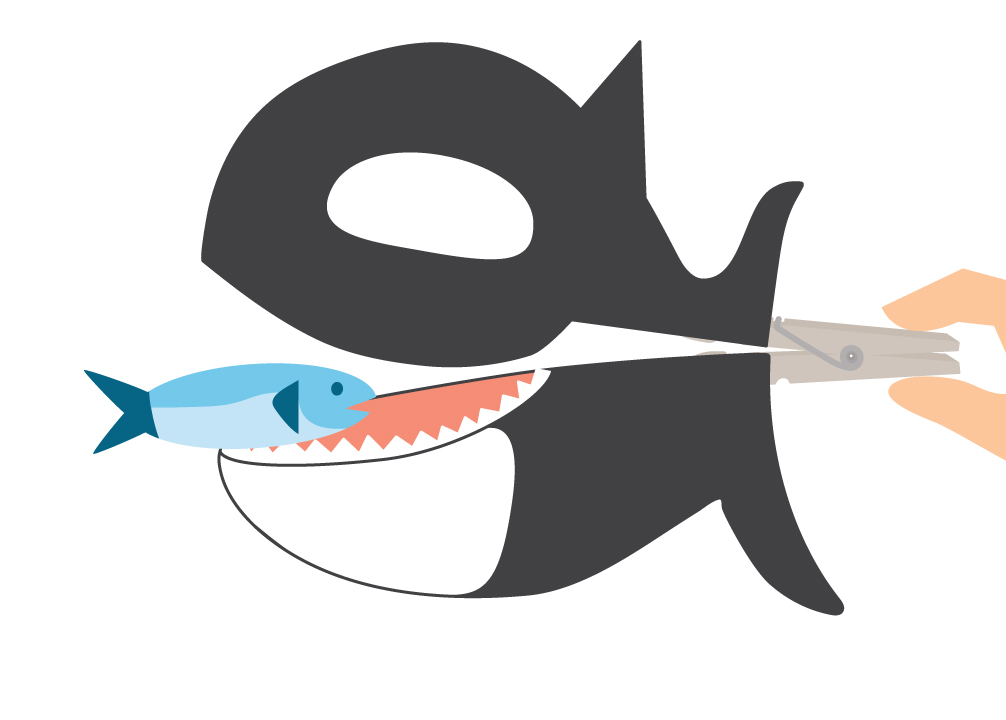
7. Display your orcas proudly and spread the word.
Modify or extend this activity
- Learn how Vancouver Aquarium will no longer keep whales and dolphins in captivity by sharing this article with students. The class can debate the pros and cons of this decision.
- Suggest students organize a fundraiser to adopt a killer whale through Ocean Wise, a non-profit organization for ocean conservation.
Curriculum Fit
Our activities provide a link to the core competencies of the curriculum. The activities engage students in sharing ideas and solutions, having fun learning and moving, and exploring and caring for orcas, salmon and oceans through creative thinking and making.
Core competencies:
Communications
- Connect and engage with others (to share and develop ideas)
- Collaborate to plan, carry out, and review constructions and activities
Thinking
- Creative thinking: novelty and value
- Critical thinking: develop and design
Social responsibility
- Contributing to community and caring for the environment
The activities also connect to a variety of grade-specific curricular competencies and content in a variety of subjects including Physical and Health Education, Science, Arts Education and Social Studies
Assessments
- Assess students’ understanding of whales, salmon and ocean health.
- Assess students’ participation in outdoor play and cooperation with others.
- Assess students’ thoughtfulness in ways to take action on protecting whales and salmon.
- Assess students’ creativity in making their orcas.
Teaching Notes
Learning about whales, and how to protect them using interactive facts and fiction, tag and making crafty orcas is a fun way to inspire your students to protect the whales.
Protecting the whales
Whales play an important role in the ecosystem, recycling nutrients, sequestering carbon when they die and providing phytoplankton with nutrients to photosynthesize, which in turn helps by absorbing carbon and producing oxygen. Whales also have comparable intelligence to humans. Some threats to whales include:
- Pollution like noise, plastics, pesticides, fertilizers, oil/chemical spills
- Reduction in food sources
- Hunting by humans
- Rising sea temperatures
BC Hydro and habitat protection
BC Hydro has a Water Use Planning process to help protect fish and habitat and find a balance between competing uses of water that is environmentally, socially and economically acceptable for B.C.





